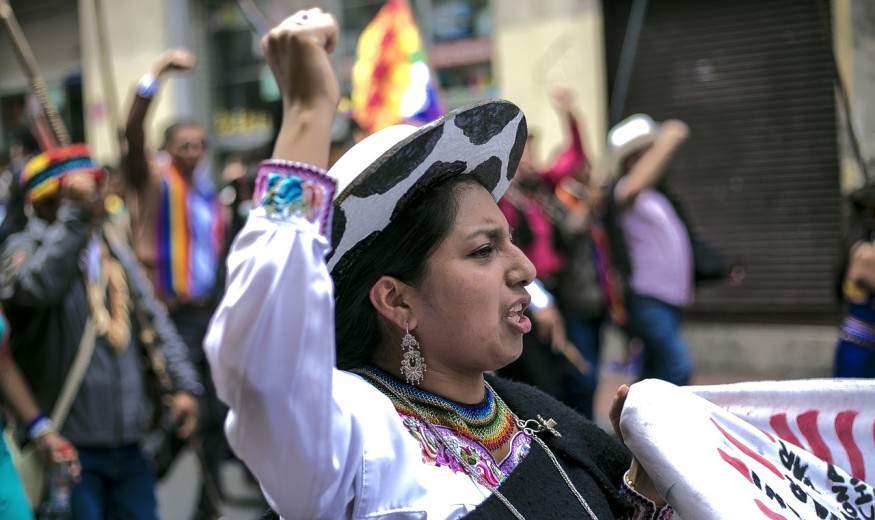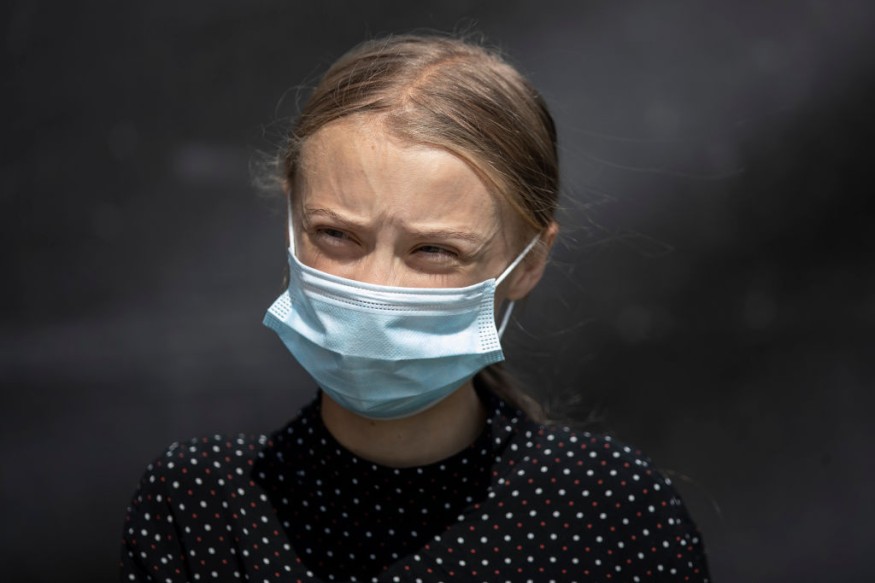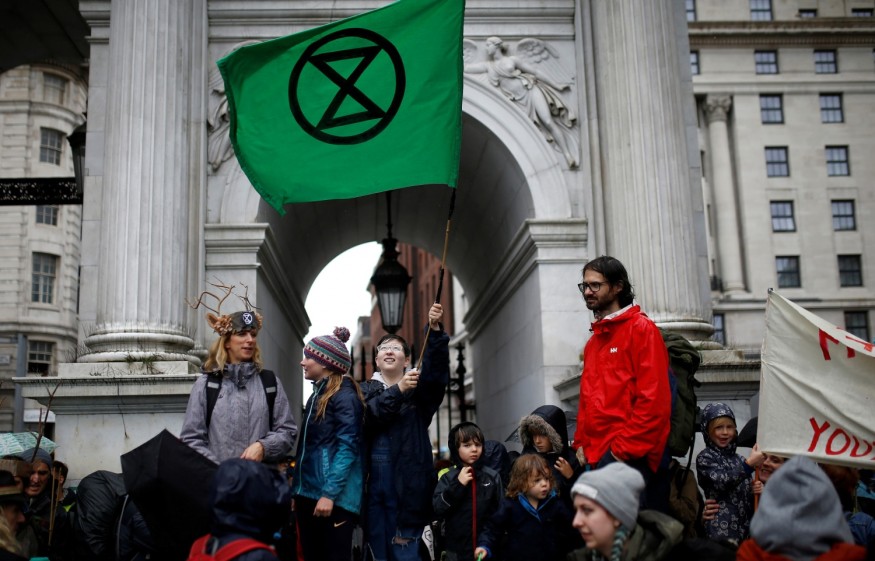Last year, as the violent resource grab in the global south proceeded unabated despite the epidemic, murders of environmental and land defenders reached a new high.
According to new data provided by Global Witness, 227 individuals died in 2020 while attempting to safeguard forests, rivers, and other ecosystems on which their livelihoods depended.
Except for one, all lethal assaults occurred outside North America, Europe, and Oceania. According to the authors, environmental conflict, like the climate issue, disproportionately affects low-income countries. Indigenous peoples were responsible for more than a third of the homicides while making up just 5% of the world's population.
According to the research, since the signing of the Paris climate agreement [in 2016], four environmental activists have been slain on average every week. "As the climate catastrophe worsens, forest fires rage over vast swaths of the globe, drought wreaks havoc on farms, and floods kill thousands, the situation for frontline communities and Earth defenders worsens."
Rising Death Tolls

The yearly death toll has climbed over the previous two years and is now more than double in 2013. However, because the assessment is based on transparency, journalistic freedom, and civil rights, which vary significantly from nation to country, this is still underestimated.
"Attacks are on the rise," said Chris Madden, one of the authors. "We find that in a variety of datasets all across the world."
South and Central America, home to the world's most delicate biodiversity and intact forests, was the bloodiest zone for people fighting mining, logging, and agriculture, as it had been in previous years.
Colombia Topping the List
Colombia topped the list with 65 deaths, continuing a violent trend that began in 2016 with a peace agreement that reduced fighting between the government and Farc guerrillas but opened up large swaths of the nation to extractive companies increased resources tensions. Among the fatalities were biologist Gonzalo Cardona, credited with rescuing the yellow-eared parrot from extinction, and forest ranger Yamid Alonso Silva, who was killed near El Cocuy national park by a criminal gang. In addition, because of the degree of violence and intimidation, Francisco Vera, a 12-year-old kid, has received anonymous death threats on Twitter due to his advocacy.
Mexican Kill Count
Mexico was the second-deadliest country, with 30 defenders killed. Jean Eyraud Adams, an indigenous man from Mexico's Kumiai region, was one among them. His crops dried up after the communal water source was moved to wealthy areas and a Heineken factory. Then, on September 24, assassins arrived in two cars with tinted windscreens at his house in Tecate, Baja California, and shot him.
Philippines, Deadliest in Asia
The Philippines came in third with 29 deaths, making it Asia's deadliest country for defenders once again. It was also the site of the most atrocities. The most horrifying incident happened on December 30, when the military and police massacred nine Tumandok indigenous people opposing a mega-dam project on the Jalaur River in Panay.
Brazil in 4th
With 20 murders, Brazil came in 4th in the world. The death toll in Brazil has decreased significantly in previous years, but the violence has escalated under President Jair Bolsonaro. Instead of small-scale, illegal attacks on the ground, the assault on environmental and territorial defenders now takes the shape of legislation and laws in Congress that weaken territorial and ecological safeguards. "We have seen plans for aggressive expansion in Brazil in recent years," said co-author Rachel Cox. "They're relying on legal means. It's a new sort of assault - criminalization, and weakening of defenders' political rights."
Worsening Situation in Nicaragua
Nicaragua was the deadliest country per capita, with 12 homicides and one of the most rapidly worsening hotspots, with homicides more than tripling from the previous year. An unusual case in Saudi Arabia was also mentioned in the study. Abdul Rahim al-Huwaiti, a member of the Huwaiti tribe, was slain while opposing eviction to make way for Neom, a proposed new city-state.
Situation Worsened by Covid

The Covid shutdown gave defenders little relief while allowing land-grabbers and poachers access to an additional area. "The year 2020 was meant to be the year the world came to a halt, but it didn't translate into fewer attacks," Madden explained. "In some nations, protests were suppressed while businesses were permitted to continue operating. Mining in the Philippines and increasing encroachment in the Amazon are examples of this."
According to a Freedom House study, 158 nations have imposed additional limitations on protests due to the epidemic. In some situations, lockdown may have exacerbated the situation by making it easier for assassins to locate their targets and increasing the vulnerability of campaigners to digital attacks.
Global Witness and its partners found it more challenging to examine the circumstances of each homicide due to the epidemic. According to the researchers, at least 30% of documented attacks were connected to resource extraction, namely forestry, mining, and hydroelectric dams. However, in more than a hundred cases, the cause was unknown.
Climate Defenders

Bill McKibben, a long-time environmental activist, blamed resource exploitation by businesses from affluent countries. "Corporations need to be more accountable and take action," he said in the report's foreword. Colonialism is still alive and well, even if it is dressed up with corporate logos and disguised behind offshore bank accounts since the people who live in these areas never honestly share in the wealth they generate. Meanwhile, the rest of us must recognize that those slain each year while protecting their communities are also defending our shared planet-particularly our climate."
For more environmental news, don't forget to follow Nature World News!
© 2025 NatureWorldNews.com All rights reserved. Do not reproduce without permission.





